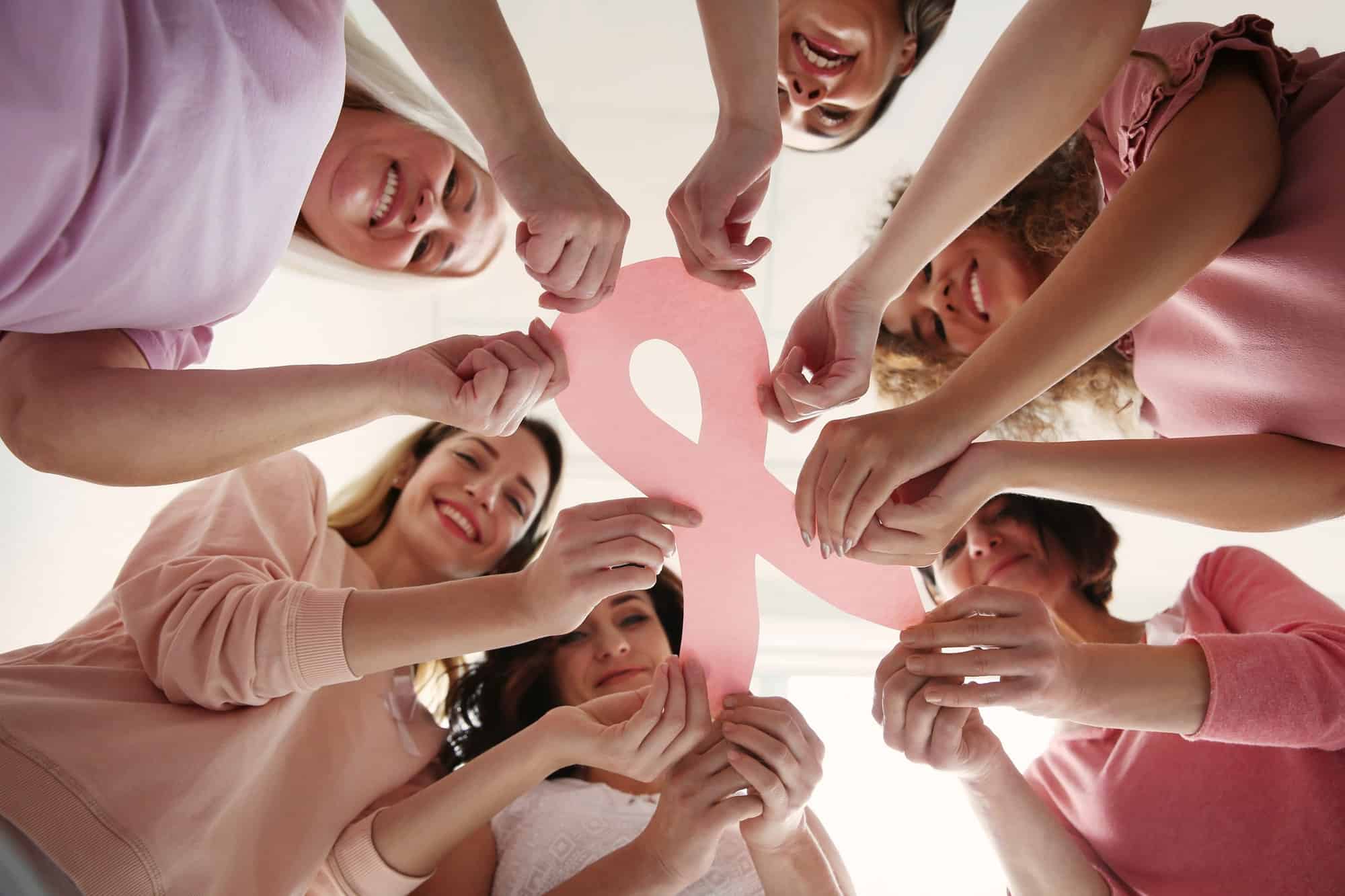Many people don’t realize the risk
One in three women will get cancer in their lifetime
…including one in eight who will have invasive breast cancer. But for two of the most common cancers affecting women, breast cancer and cervical cancer, nearly all women can survive if it’s caught in the early stages. At Aspen Community Health clinic, the Women’s Wellness Connection (WWC) offers life-saving mammograms and pap tests for free to women who qualify. More about Breast Cancer Risk Factors and Symptoms in women
Women over 21 should begin getting checked for cervical cancer every three to five years with a Pap test (also called a Pap smear) and/or an HPV test. Women over 40 can get checked for breast cancer with a mammogram. Doctors recommend getting this X-ray test every one to two years, depending on age.
The WWC program at Aspen Community Health serves women ages 21–64 with no health insurance or limited insurance who are also on a limited budget. We also provide health navigation that supports timely and complete breast and cervical screening and diagnostic services, reducing disparities by helping eligible clients overcome barriers to access and treatment.
Who qualifies for free cancer screenings through WWC?
Women who live in Colorado and meet the following criteria have access to free screenings through WWC:
- Uninsured or under-insured
- At or below 250 percent of the federal poverty line
- Between the ages of 40-64 for breast health services
- Between the ages of 21-64 for cervical health services

Treatment
If you have lived in the U.S. for five years, you might qualify for a special kind of Medicaid called Breast & Cervical Cancer Program (BCCP) to cover your health care while you get treatment.
Now offering BRCA Genetic Testing
Hereditary breast cancer means that breast cancer runs in your family, and could be caused by an inherited change in your genes. About 5% to 10% of breast cancers are hereditary.
Most hereditary breast cancers are caused by abnormal BRCA1 and BRCA2 genes. However, even if a BRCA1 or BRCA2 gene mutation does not run in the family, a strong family health history of breast cancer makes it more likely that a person will get breast cancer, possibly due to mutations in other genes. Mutations in several other genes have also been linked to breast and ovarian cancers.